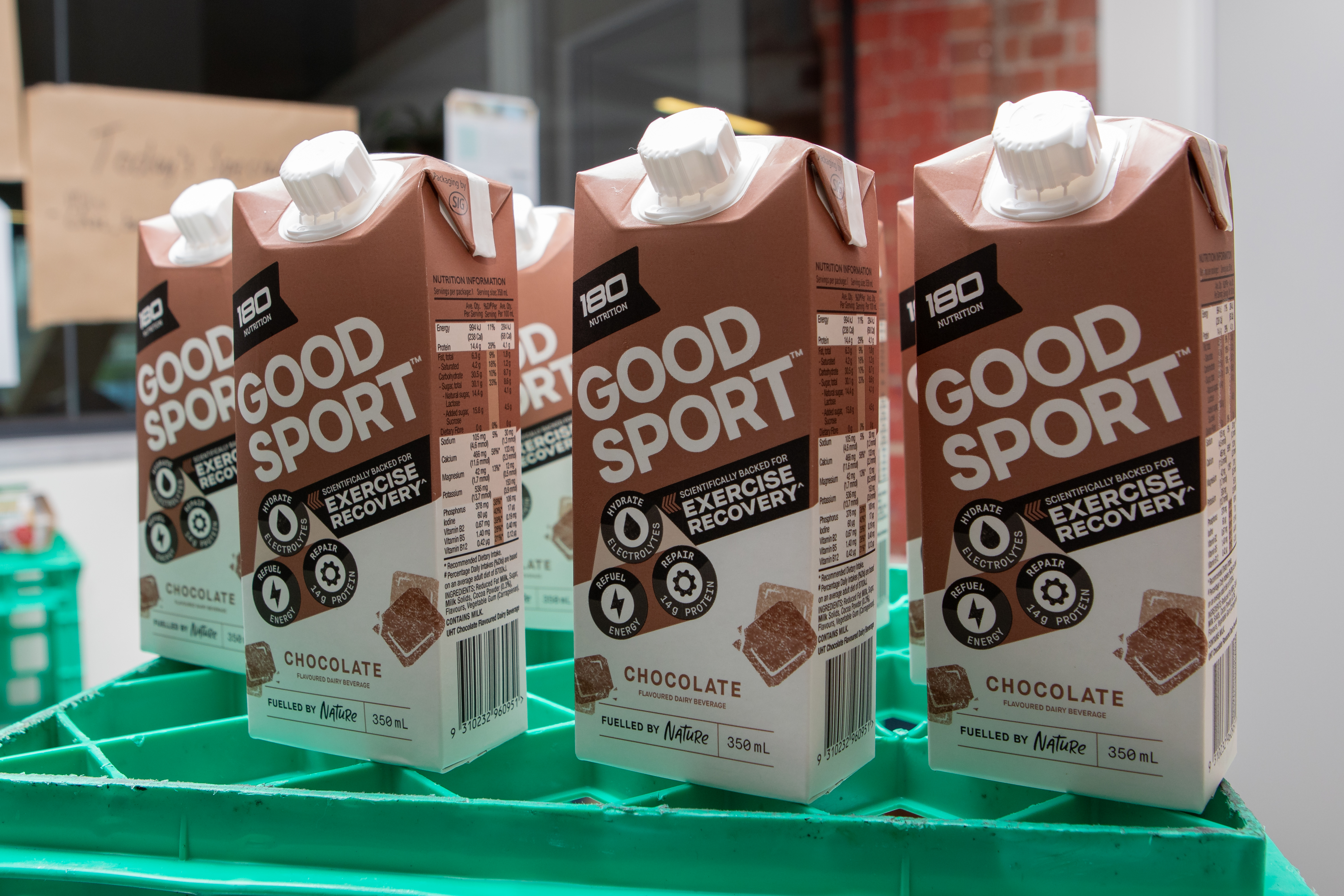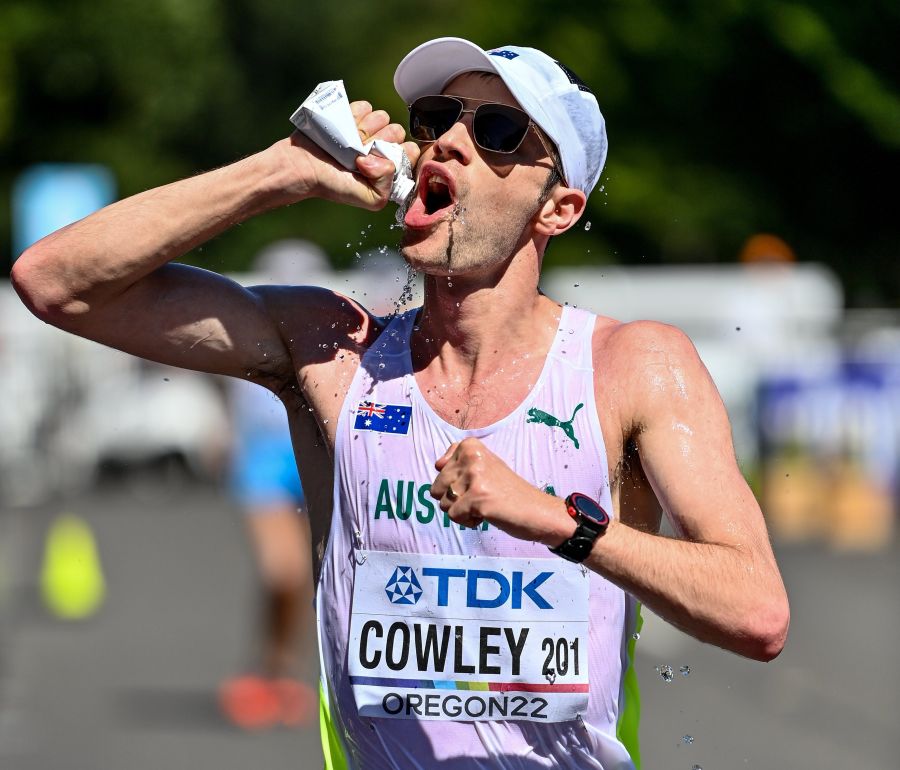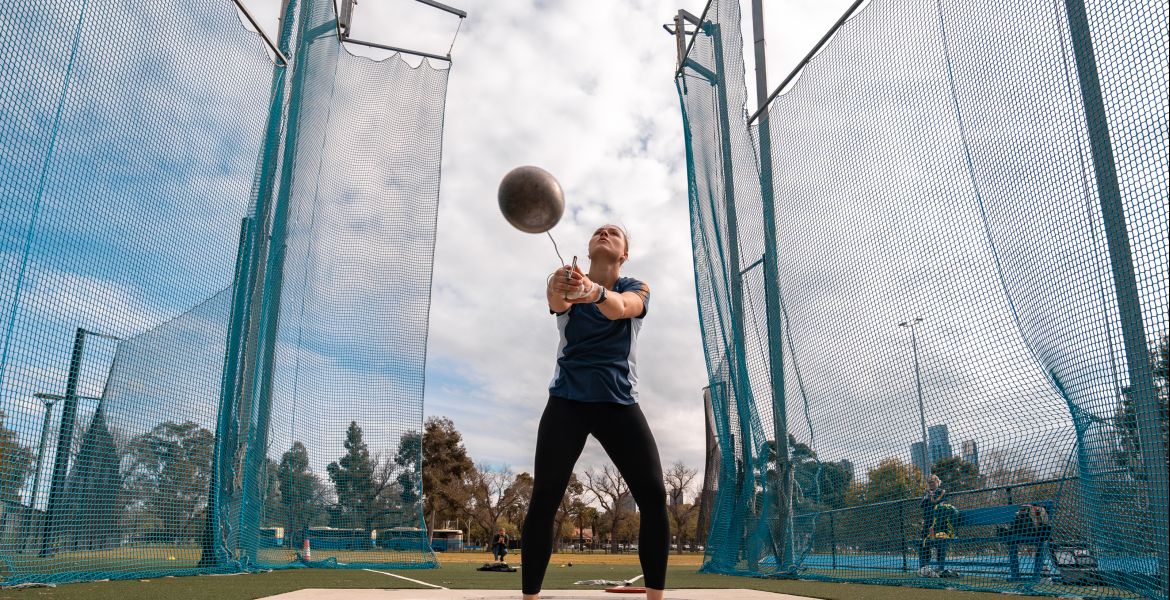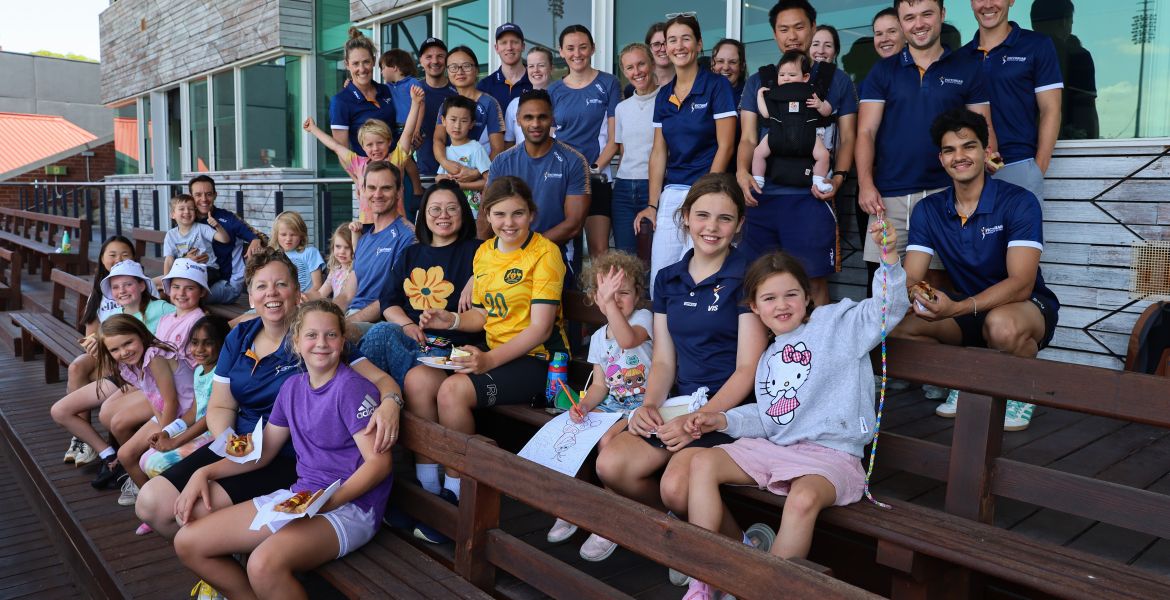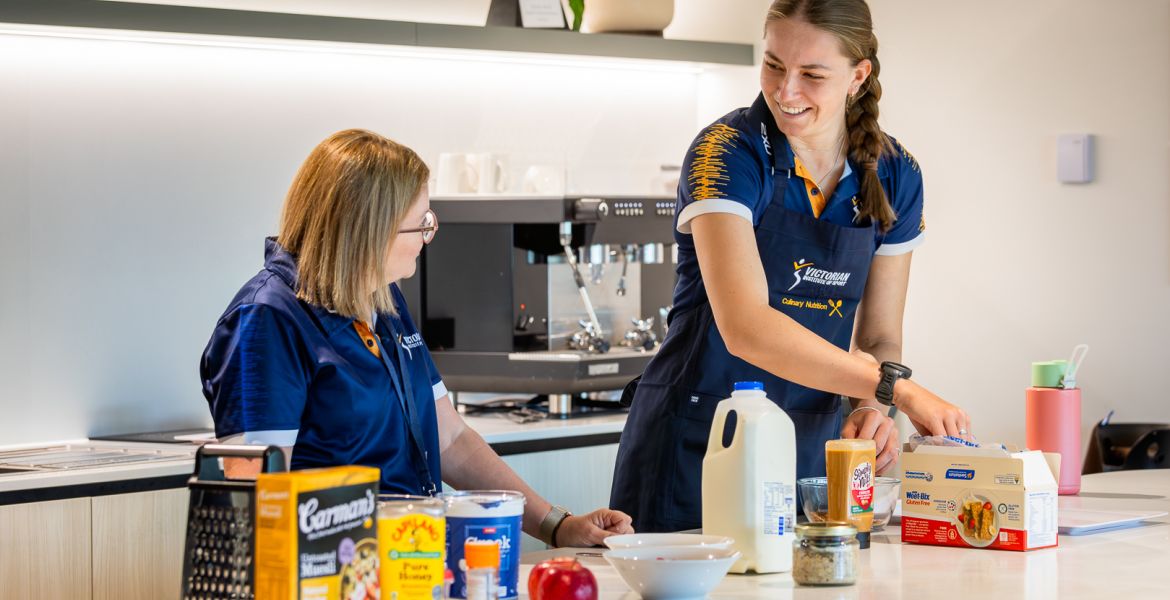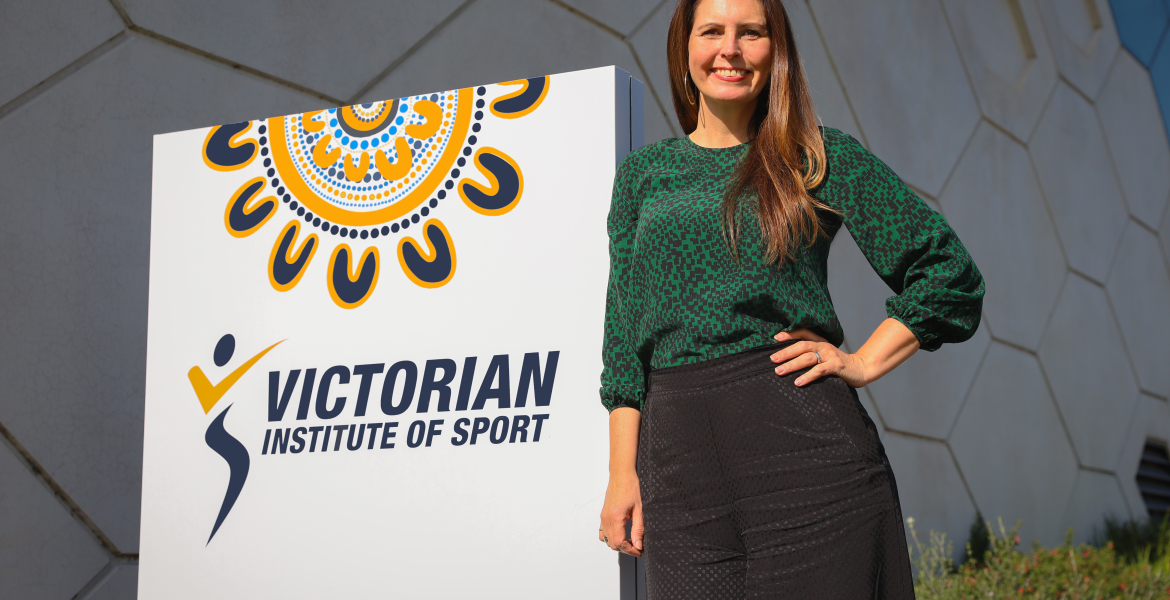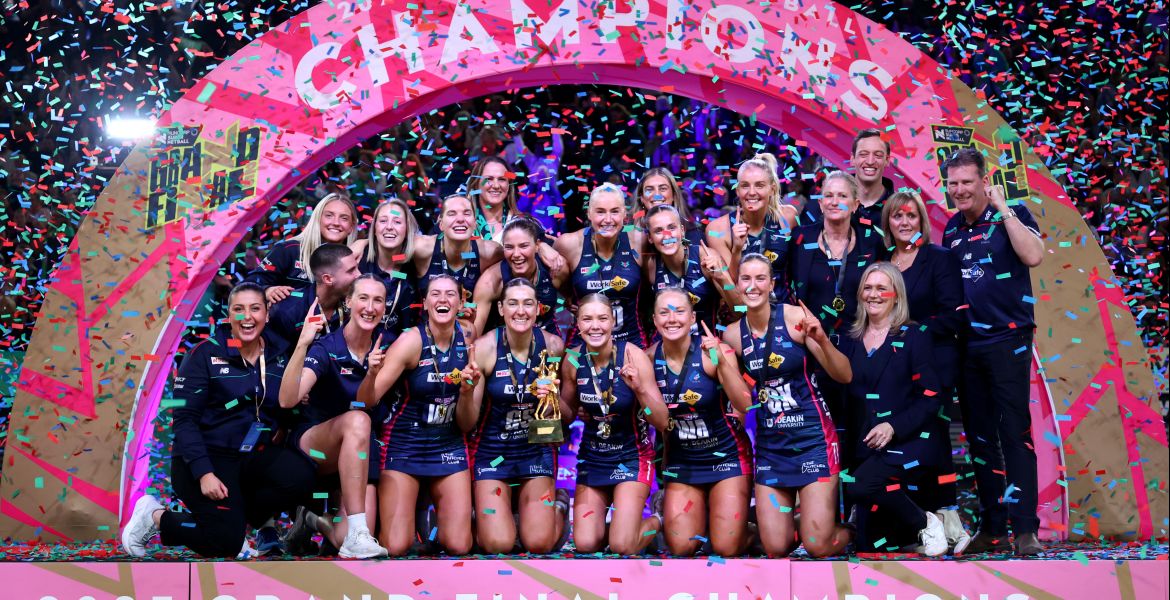In the realm of endurance sports, few factors are as critical as proper nutrition and hydration.
Whether you're an elite marathon runner or a recreational fun runner, understanding how to fuel your body effectively can make all the difference in your performance.
Victorian Institute of Sport accredited sports dietitian, Jess Rothwell, works with the VIS athletics program to develop nutrition and hydration strategies for athletes, including those who compete in endurance events.
With the Melbourne Marathon and the fun-run season approaching, Rothwell discusses strategies for those preparing to pull on a race singlet.
PRE-EVENT PREPARATION
Athletes need to fuel properly with adequate carbohydrates, protein and fats to support training loads and prevent injuries throughout their endurance training.
In the days leading into a marathon or long distance event, it’s important to ‘super compensate’ with foods rich in carbohydrates and low in fibre which will store in the muscles for energy expenditure during the event.
“Rice, noodles, sushi, pasta, bread, juice, sports drinks, confectionary and rice crackers are all good options to consume two days before a marathon to support increasing muscle fuel stores, which will gradually deplete across the marathon and reduce the risk of gut issues,” Rothwell says.
“Often gut issues can present when an individual hasn’t practiced with the type of carbohydrates that they plan to use on race day.”
This means, you need to train your gut!
There are different gut training strategies that ca be implemented to support optimised tolerance on the day, which are best supported and reviewed with a sports dietitian.
For example, eating closer to an easy training session with foods you may find more challenging to digest; increasing the amount of carbohydrate (e.g., gels, sports drink or energy chews/lollies) and fluids usually consumed over easy and hard sessions and increasing carbohydrate rich foods over your day, can all help.
RACE DAY
Don’t try anything new is the key takeaway!
"Ensure there's nothing new and understand how to modify or be a bit flexible if something is not quite going right," Rothwell says.
For the pre-race meal, typically consumed three hours before the event, Rothwell recommends easily digestible carbohydrates and fluids.
"Common options could be a couple of slices of toast with honey or jam, a peanut butter and banana bagel and a sports drink and coffee."
However, many endurance events and marathons start before 7am, making it more challenging for the everyday recreational runner to eat three hours prior to the event.
“Early events or pre-race nerves are often some of the biggest rocks that impact people's uncertainty around their pre-race meal choice, which is why depending on the event duration, glycogen normalisation or carbohydrate loading is important in the one or two days preceding the event to ensure muscle fuel stores are topped up and ready to be used,” said Rothwell.
“This is the most robust way to top up your fuel stored for that event and not leave it to the last minute of race morning.”
During the race, a typical carbohydrate intake range of 30 – 60g carbs / per hour is recommended via gels, chews and sports drinks. Up to 90g carbs / per hour for athletes with well-trained guts may be achievable.
"When athletes are ingesting a carbohydrate source such as chews, lollies, or gels, quite often people do like to follow through with some water to aid digestion and comfort."
Understanding the environmental conditions and typical sweat losses for individual athletes is also an important consideration when planning hydration requirements.
POST-EVENT RECOVERY
Post-event recovery is essential for athletes. Aim to consume fluids within 30 to 60 minutes after the event.
“After a major event it can take time for appetite regulation to come back. So, that’s where we typically focus on fluids first to help support rehydration. Athletes may start with easy to digest fluids, such as water or sports drink before choosing fluids or foods rich in carbohydrate and protein to support their recovery.
“Flavoured milk is an excellent option, supporting rehydration, muscle repair and recovery, due to the great protein, electrolyte and carbohydrate content.” Rothwell says.
Water, sports drinks, slushies and icy poles are also suitable options, before tucking into a carbohydrate and protein rich meal.
Anyone can benefit from personalized nutrition plans. Rothwell recommends working with a sports dietitian to develop strategies tailored to personal preferences, requirements, and lifestyle for those interested in marathon and endurance events.
